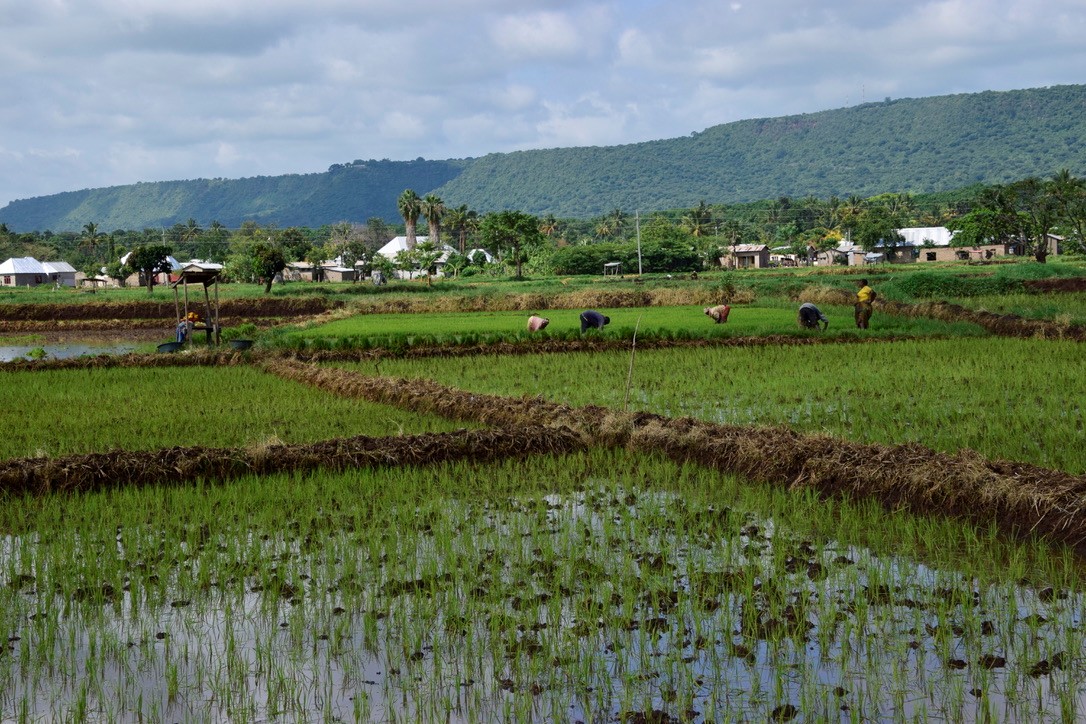Scientific synthesis
Reframing complexity through collective intelligence
Scientific synthesis at LCSES offers a unique intellectual space for reframing complex socio-environmental questions, developed through integrating diverse disciplines, data science, and novel theoretical and conceptual frameworks. At LCSES Science-Synthesis-Lab, interdisciplinary groups of researchers converge around shared questions, creating fertile ground for bold, novel insights. Disciplinary boundaries are dissolved and new narratives emerge, narratives that are not only intellectually transformative but also relevant to real-world decisions. In this context, we foster co-development of research questions with stakeholders and decision-makers, ensuring that science is actionable and contextually relevant.

A meeting environment designed for breakthroughs
LCSES Science-Synthesis-Lab aims at lowering the “activation energy” for creativity. We offer distraction-free environments, structured yet flexible collaboration formats, and support from experienced facilitators and data scientists. LCSES Science-Synthesis-Lab supports working groups, meeting in person over multiple sessions, allowing time for associative thinking, trust-building, and deep engagement. Whether one is an early-career researcher seeking meaningful collaboration or a senior scholar ready to explore new frontiers, this is a place to think together – and differently.
From insight to impact – across scales
Synthesis science is not confined to theory. It is designed to be actionable, whether informing global frameworks like IPCC and IPBES, supporting innovation in underrepresented regions or testing policy ideas at the Luxembourg-EU scale. The goal is to co-create knowledge that matter: grounded in evidence, shaped by diverse voices, and ready to be applied. If you are motivated to build interdisciplinary teams that generate new science and drive change, science synthesis offers the infrastructure and ethos to make it happen.
‟ The combination of logistical support, postdoctoral or senior fellowships, complex data management, informatics and computing capability or expertise, and most of all, opportunity for group discussion and reflection lowers the ‘activation energy’ necessary to promote creativity and the cross-fertilization of ideas.”
Funding mechanisms
- LCSES will invite, through periodic calls, up to three Synthesis Working Groups per year. Aiming to team up with international and interdisciplinary participants with scientises from LCSES workshop groups will be hosted at the historic Maison Schuman building.
- LCSES will support workshop groups with funding for PostDocs, which provide high level support for synthesis workshop teams.
- LCSES will also open funding for early career scientists that wish to develop themselves and the interdisciplinary field of socio environmental systems based on research proposal in line with LCSES research ambitions.
- LCSES will further develop a specific PhD program to introduce students to independent smaller science-synthesis projects and workshops.
First calls will open in 2026. We are currently establishing the team in the synthesis lab.
Interdisciplinary research at the University
Interdisciplinary research is at the heart of the University of Luxembourg, supported also by the Institute of Advanced Studies (IAS), which offers funding instruments to foster collaboration within the university:
- ‘Distinguished’ – joining forces with international scientists;
- ‘Audacity’ – for audacious interdisciplinarity research;
- ‘Young Academics’ – to attract outstanding PhD candidates and Post-doctoral researchers; and
- ‘Brainstorm’ – forums to exchange on emerging research reflexion.
